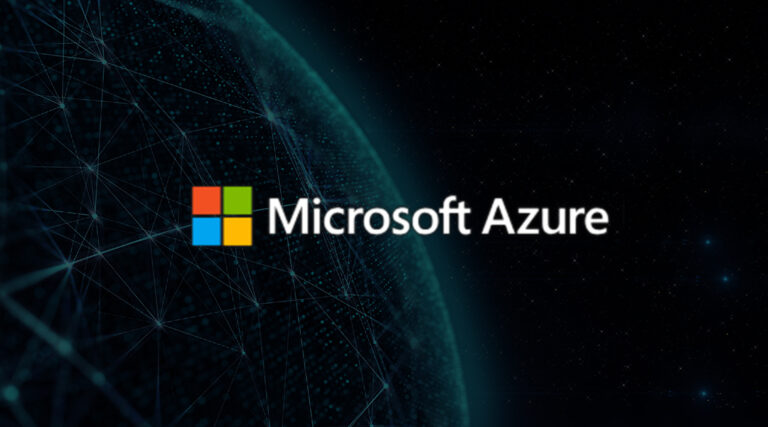
Microsoft has delivered support for built-in Jupyter notebooks in its Azure Cosmos DB service, providing developers with the ability to easily query data using code integrated with the database, rather than have to export it first.
Azure Cosmos DB is Microsoft’s globally distributed NoSQL database service, intended to scale easily while offering customers low latency and high availability. It can be accessed via a choice of APIs, including a proprietary SQL or APIs compatible with MongoDB, Gremlin, Cassandra or Azure Table Storage.
Support for Jupyter notebooks running inside Azure Cosmos DB was pre-announced by Microsoft earlier this year, but only now generally available. With this feature, notebooks are directly integrated into the customer’s Azure Portal and Cosmos accounts for easy access, and enable Developers, data scientists, engineers and analysts familiar with Jupyter notebooks to use them to interactively run queries, explore and analyse data, visualise data and build, train, and run machine learning models, Microsoft said.
The new capability includes built-in commands added to the Azure Portal to make it easy to query data using SQL for ad-hoc or exploratory analysis, with results returned immediately in the notebook. Also added is version 4 of the Azure Cosmos DB Python SDK for SQL API with new performance and usability improvements. This SDK can be used directly from notebooks without having to install any packages.
Azure Cosmos DB notebook support also includes a built-in set of packages including Pandas, a Python data analysis library, Matplotlib, a Python plotting library, and others. The environment can be customised by installing any packages required, according to Microsoft.
Separately, Microsoft said it has introduced automatic, tailored recommendations for all Azure Cosmos DB users, which show up in the Azure Portal when browsing Azure Cosmos DB accounts.
The purpose of these is to draw the user’s attention to the latest performance and security updates and allow them to evaluate whether they need to apply them.
If the Azure Portal detects the use of an old version of our SDKs, for example, it will recommend upgrading to a newer version to benefit from the latest bug fixes and performance improvements.
Other recommendations cover such areas as prompting users with legacy fixed-sized containers to migrate them to partitioned ones, or even detecting when SDKs are being incorrectly used and advise on corrections.
Microsoft said it will expand the coverage of notifications to include topics like partitioning, indexing, network security, and more, using these to surface general best practices.
